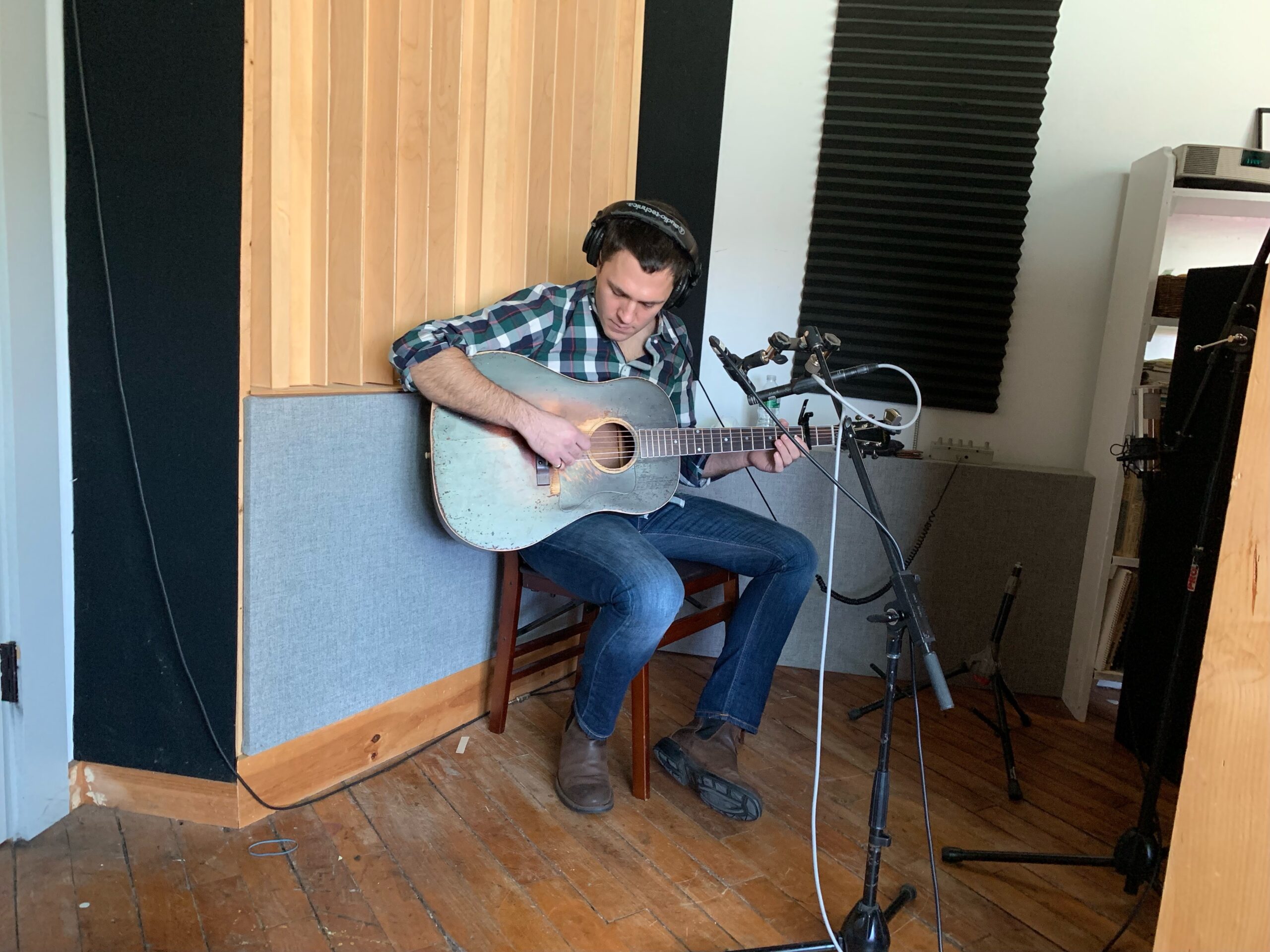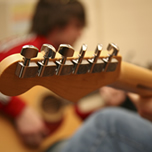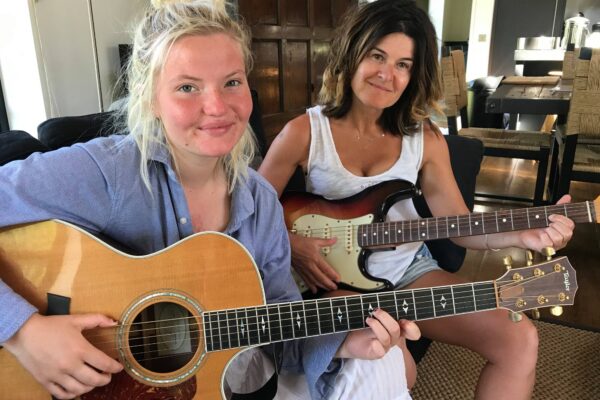
Secret to Becoming a Great Guitarist
The Secret to Becoming a Great Guitarist: 5 Ways to Mastering Guitar with Ease and Excellence
Find the Secrets of Guitar Playing Success and Take Your Skills to the Next Level
Learning to play guitar is more than just strumming a few chords—it’s a journey of self-expression, discipline, and creativity. Whether you’re a beginner or looking to improve your skills, there are secrets to mastering this beautiful instrument that can make your path easier and more enjoyable. In this article, we’ll dive into the tricks to learning guitar quickly, how to toughen your fingers, and practical tips to elevate your playing to new heights.
5 Ways to Playing Guitar with Ease and Becoming Truly Awesome
1. Consistency is King: How Many Hours Should You Practice Guitar a Day?
The golden rule of guitar mastery is consistency. Practicing guitar daily—even for short periods—yields far better results than cramming long sessions irregularly. So, how many hours should you practice guitar a day? While there’s no one-size-fits-all answer, most professional guitarists recommend practicing between 1 to 4 hours daily, depending on your skill level and goals.
For beginners, 30 minutes to an hour of focused practice can lead to steady progress. More advanced players often dedicate 2-4 hours, focusing on technique, theory, and improvisation. Remember, it’s not just about the quantity but the quality of your practice. Break down sessions into focused blocks: scales, chord transitions, rhythm exercises, and learning songs.
Pro Tip: Use a practice schedule to target specific areas each day, ensuring balanced growth across all skills.
2. Fingers of Steel: How to Toughen Your Fingers for Guitar Playing
One of the biggest challenges new guitarists face is finger discomfort. Guitar strings, especially steel ones, can be unforgiving at first. So, how do you toughen your fingers for guitar playing? The secret is calluses—thickened skin on your fingertips that develop over time.
To speed up the process:
- Play regularly, but don’t overdo it to the point of injury.
- Short but frequent sessions are better than long ones that cause blisters.
- You can also dip your fingers in rubbing alcohol to dry out and toughen the skin.
Pro Tip: Play on heavier strings for short intervals—this will help build calluses faster. But once your calluses develop, always keep your strings clean to maintain fingertip health.
3. Jimi’s Secret: How Many Hours a Day Did Hendrix Practice?
Ever wondered how much practice it took for legends like Jimi Hendrix to become masters of the guitar? While it’s hard to pinpoint exact numbers, it’s said that Hendrix often practiced for 10-12 hours a day during his early years, completely immersing himself in music. This intense dedication allowed him to experiment, innovate, and perfect his technique in ways that revolutionized guitar playing.
While most of us don’t have the luxury of practicing all day, adopting a “practice with passion” mindset is key. When you love what you’re doing, it won’t feel like work. Dedicate as much time as possible, but balance it with rest to avoid burnout.
Pro Tip: If you can’t practice for hours on end, adopt the “10,000-hour rule” by focusing on deliberate practice—working on specific weak points and refining your technique.
4. Keep the Pain Away: How Do Guitar Players’ Fingers Not Hurt?
The answer to this lies in developing proper technique and patience. While pain is common for beginners, it should subside over time as calluses form. However, experienced guitarists minimize pain through better hand positioning, lighter touch, and muscle memory.
Here’s how to reduce finger pain:
- Warm up before playing to loosen your hands and fingers.
- Play with a lighter touch—don’t press harder than necessary.
- Experiment with string gauge (lighter strings can reduce tension).
- Take breaks when necessary to avoid overuse injuries.
Pro Tip: If your fingers are still hurting, switch to nylon strings temporarily to ease the pressure while still building technique.
5. Mind Over Fingers: The Trick to Learning Guitar Quickly
The real trick to learning guitar isn’t just in your fingers—it’s in your mind. Visualization, ear training, and understanding music theory can drastically speed up your progress. Here’s how:
- Visualize chord shapes and scales when you’re away from your instrument.
- Listen to songs and try to figure out the chords or riffs by ear.
- Learn basic music theory (chord construction, scales, intervals)—it will make learning new songs easier.
Pro Tip: Don’t just play mindlessly—practice with intention. Focus on specific goals, whether it’s mastering a song, learning a scale, or improving your timing.
Are Guitar Calluses Permanent? And How to Maintain Them
One common question guitarists have is: are guitar calluses permanent? The answer is yes and no. While calluses don’t disappear overnight, they can soften or diminish if you stop playing for extended periods. The key is to maintain them through consistent playing. If you take a break from the guitar, you may experience tenderness when you start again, but the calluses will quickly redevelop once you get back into practice.
Pro Tip: Moisturize your hands but avoid directly moisturizing your fingertips—this can soften calluses. If you must take a break, keep your hands engaged by doing light finger exercises to maintain dexterity.
Secrets to Success When Learning to Play the Guitar
Success as a guitarist isn’t reserved for the naturally talented—it’s achievable through the right approach, dedication, and love for the instrument. Here are some final secrets to accelerate your guitar journey:
- Break down songs into manageable chunks: Instead of learning an entire song at once, focus on one section at a time.
- Jam with other musicians: This builds confidence, timing, and improvisation skills.
- Record yourself: Listening back can help identify areas that need improvement.
- Invest in a good teacher or online course: Expert guidance can dramatically shorten your learning curve.
Pro Tip: Above all, have fun! The more you enjoy playing, the faster you’ll improv







